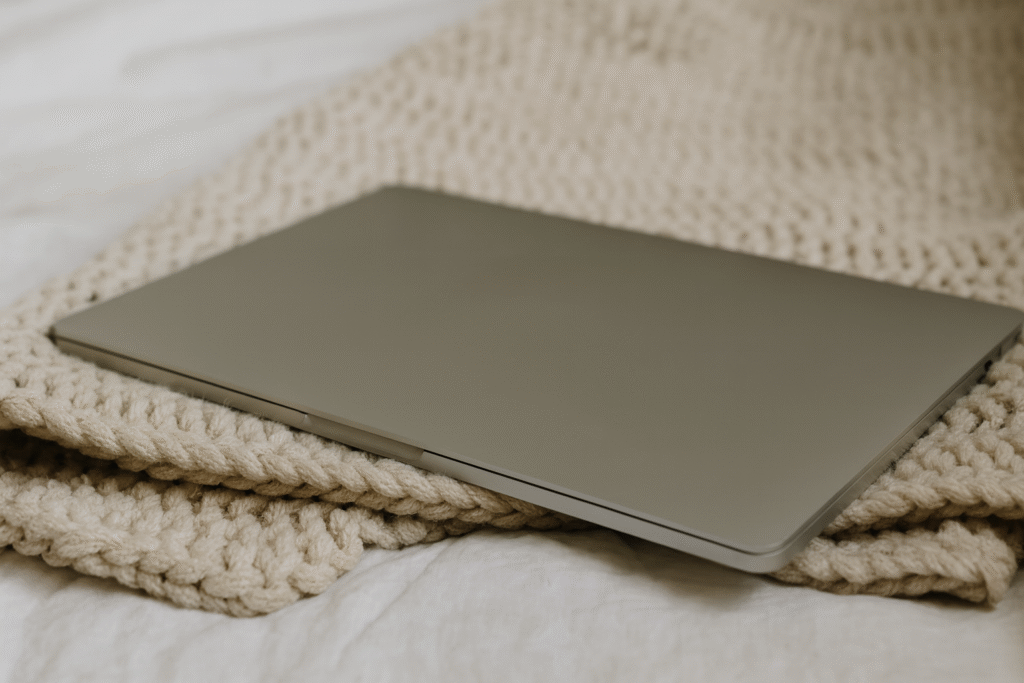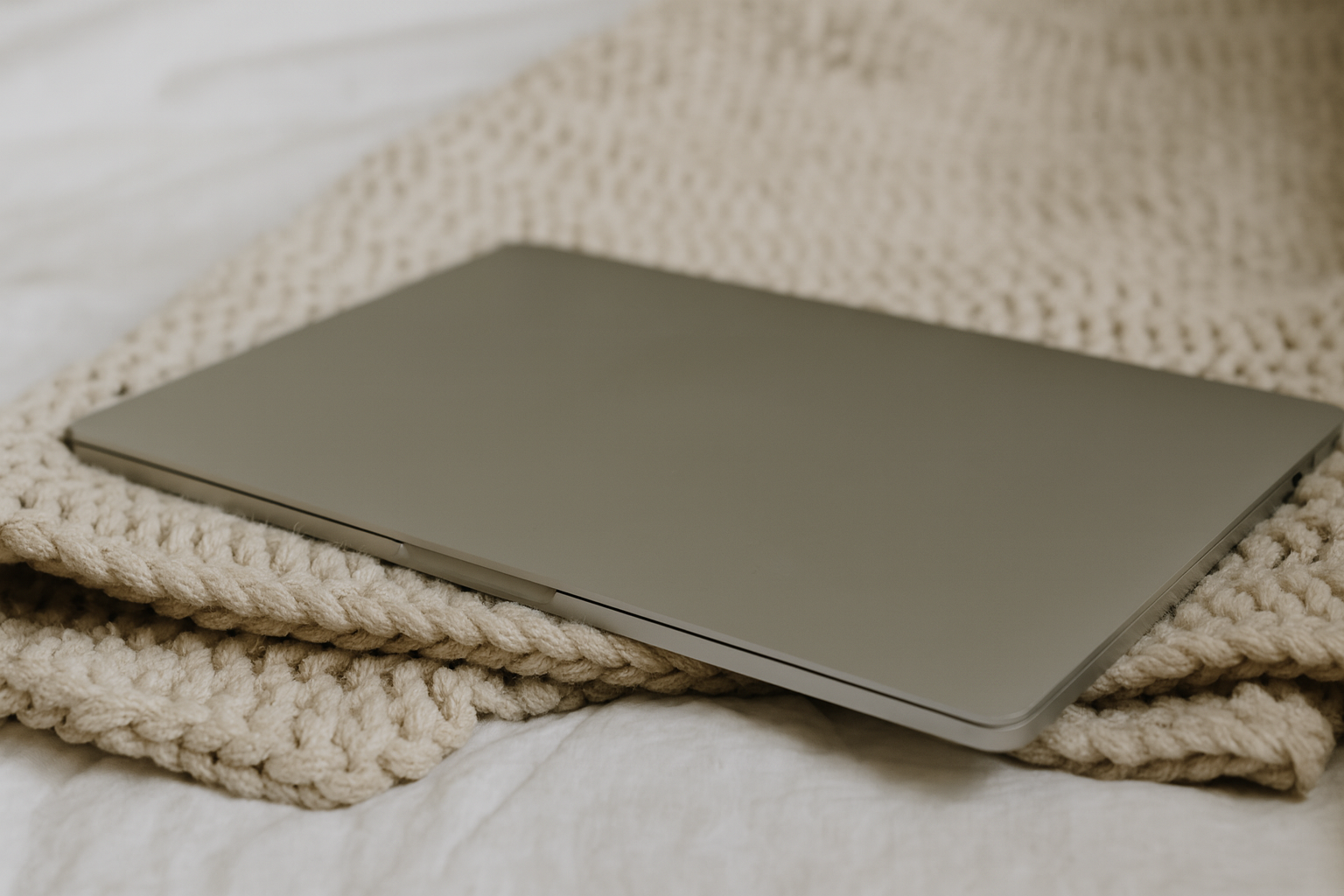By Geneva Bass

“It sounds like you’re saying you don’t feel capable of doing the job.”
That hit me like a ton of bricks.
I had entered the meeting with HR and my boss in the middle of a full-body nightmare — a symptom flare that had left me dizzy, disoriented, and barely able to eat or sleep. I wasn’t asking for much. Just a little more flexibility. A little patience while I tried to navigate a sea of ER visits, specialist appointments, medications, and exhaustion that clung to my bones.
But somehow, in that moment, it felt like they had lost all trust in me.
I know I’m not alone in this. More than one in four U.S. adults live with at least one disability. Most workplaces have policies meant to support and protect disabled employees.
But in my experience, the burden of proving you’re worthy of that support falls squarely on your own shoulders.
Navigating accommodation requests — and trying to reintegrate into a workflow after being severely sick or impaired — is incredibly isolating.
Even when people understand your symptoms on an intellectual level, they can’t feel the energy it takes to do the simplest tasks. They don’t feel the pressure to show up looking “okay” just so you won’t be questioned. They don’t feel the new scrutiny that settles on you the moment you try to return — the silent expectation to prove you’re capable again.
They don’t see what you go through just to appear healthy, put together, and ready to start the day.
Sometimes, just getting dressed feels like a performance. Smiling in meetings feels like a defense strategy. Sending an email feels like climbing a mountain.
And still, there’s this unspoken demand: “You are back, so you must be well.”
The middle ground is rather thin. You have to be present enough, functioning enough, performing enough to make your keep. The problem is, both visible and invisible illnesses don’t care about what work expects from you.
At the end of the day, the bills still need to be paid. The responsibilities at work don’t pause. Giving up isn’t an option — but pretending everything is fine isn’t either.
That’s why I’m starting In Plain Sight.
There are so many people like me — bravely pushing through their professional lives, half-seen by their peers. Wearing a (figurative) mask to protect both their peace and their paycheck.
When the workplace says, “We’ve done all we can,” and walking away isn’t an option — that’s where my toolkits come in.
I haven’t experienced every mental health condition, every disability, every chronic illness. What I’ve created isn’t one-size-fits-all — and it isn’t meant to be.
That’s where you come in.
I’ve done my best to build something that can hold space for all kinds of needs. But I can’t do it alone. Your voice, your tools, your truths — they help bring light to the ones still searching for a hand to hold.
If you feel inspired by what I have to offer, let me help you create your custom tool.
Something just for you — and maybe one day, for someone else who needs it too.
If you want your voice lent to this project, please reach out.
I’d like to share stories and advice to help others succeed when they are in need of a helping hand.
So tell me —
What’s helped you?
What small thing gets you through a hard day?
What phrase do you repeat to stay grounded?
What makes you feel seen, steady, or strong — even for a moment?
What helped me is here.
What helps you is welcome.


Leave a Reply